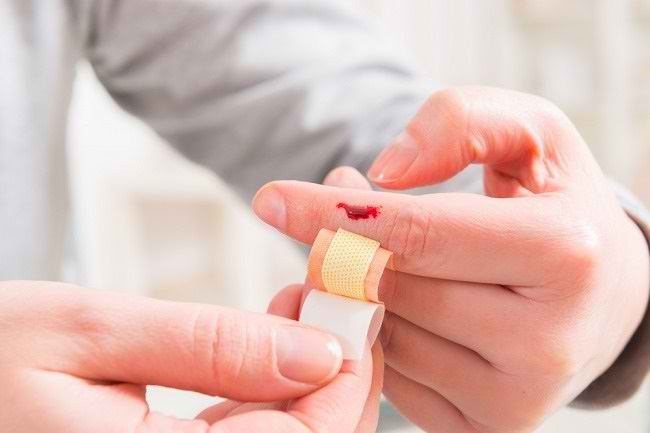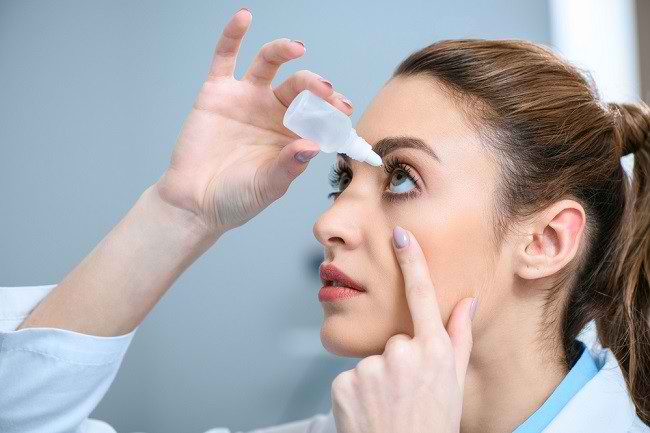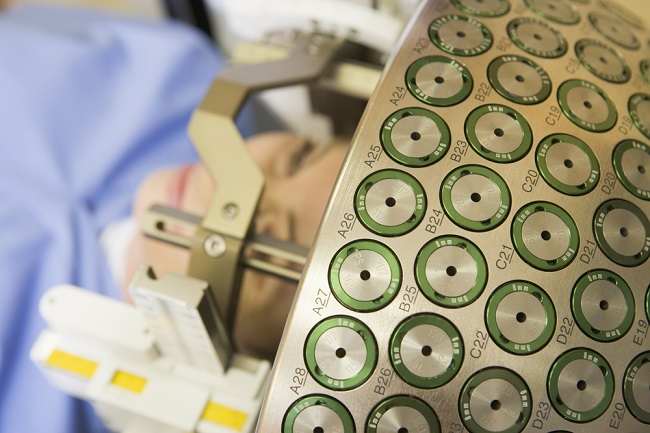Barbiturates are a class of sedative drugs commonly used before surgery or to treat seizures. This class of drugs can cause relaxation and drowsiness, because barbiturates can reduce nerve activity in the brain.
Related to its function as a sedative, barbiturates are often misused. Improper use of barbiturates is very dangerous because it can lead to addiction, dependence, coma, and even death.

Warning:
- The use of barbiturates must be in accordance with a doctor's prescription. Inappropriate use can lead to drug dependence and endanger the lives of users.
- Barbiturates can cause coma and even death, if used in excessive doses. Seek immediate medical attention if dangerous symptoms appear, such as weakness, difficulty speaking, or shortness of breath.
- Long-term use of barbiturates should be under the supervision of a doctor. Discuss again with your doctor about the benefits and risks of long-term consumption of barbiturates.
- The use of barbiturates in pregnant women has a risk of causing birth defects. Talk to your doctor about the benefits and risks of using barbiturates during pregnancy, and don't use these drugs without a doctor's prescription.
- Barbiturates are absorbed into breast milk. In order to avoid dangerous side effects, consult your doctor first before using barbiturates while breastfeeding.
- Drug use in children can cause euphoria or unnatural joy. Follow the doctor's directions for use when giving barbiturates to children.
- Be careful using barbiturates in the elderly. Elderly users can also experience euphoria, and appear confused or depressed.
- Tell your doctor if you are allergic to barbiturates. Also tell if you have other allergies, such as allergies to other types of drugs or allergies to food and drinks.
- Before having a medical test, tell your doctor if you are taking barbiturates, because barbiturates can affect the results of these tests.
- Do not consume alcohol or other sedatives while taking barbiturate drugs. This can cause dangerous side effects, even
- Concurrent use of birth control pills with barbiturates can decrease the effectiveness of birth control pills and cause pregnancy. Therefore, discuss with your obstetrician about the appropriate method of contraception to delay pregnancy, while taking barbiturates.
- Barbiturates can cause dizziness and drowsiness. Do not take this medication before engaging in activities that require concentration, such as driving or using heavy machinery or machinery.
- Go to the emergency room immediately if symptoms of a drug overdose occur, such as confusion, difficulty waking, weakness, irritability, lack of focus, slurred speech, or shortness of breath.
Barbiturate Side Effects
Common side effects of using barbiturates are dizziness, drowsiness, feeling like you are drunk, and impaired balance. These effects usually do not require medical treatment and will go away on their own.
However, barbiturates can also cause severe side effects when taken long-term or not as recommended by a doctor, including:
- Muscle, joint, or bone pain.
- Muscle weakness.
- Bleeding.
- Loss of appetite.
- Weight loss.
- Jaundice.
- Chest pain.
Consult a doctor if the above side effects appear.
Types, Trademarks and Dosage of Barbiturates
The dose of barbiturates given depends on the type of drug, the form, and the use of the drug. The following is the distribution of barbiturate doses based on the type and purpose of use:
Thiopental
Thiopental trademarks: Tiopol, Thiopental Sodium, Thiopental (Ber) G.
All thiopental drugs are given by injection into a vein (intravenously). Below is the division of thiopental dosage based on its intended use:
- Anesthesia before surgery
Mature: 100-150 mg given preoperatively, the maximum dose is 500 mg.
Children: 2-7 mg/kgBW given preoperatively.
- To lower the pressure inside the head
Mature: 1.5-3.5 mg/kgBW.
Children over 3 months: 1-4 mg/kg body weight per hour.
- To treat seizures that do not stop in people with epilepsy (status epilepticus)
Mature: 75-125 mg/kg body weight.
Children: 5 mg/kg body weight.
Phenobarbital
For a complete explanation of the uses, dosage, and how to use phenobarbital, please visit the phenobarbital drugs page.
Pentobarbital
Trademark:-
For a complete explanation of the uses, dosage, and how to use pentobarbital, please visit the pentobarbital drugs page.
Butabarbital
Trademark: -
For a complete explanation of the uses, dosages, and how to use butabarbital, please visit the Blindbarbital Drugs page.
Primidone
Trademark:-
To get a complete explanation of the uses, dosage, and how to use primidone, please visit the drug page primidone.
Amobarbital
Trademark:-
For a complete explanation of the uses, dosage, and how to use amobarbital, please visit the amobarbital drugs page.
Secobarbital
Trademark:-
For a complete explanation of the uses, dosage, and how to use amobarbital, please visit the Secobarbital Drugs page.
Butalbital
Trademark:-
To get a complete explanation of the use, dosage, and how to use the drug, please visit the butalbital drug page.
Methohexital
Trademark:-
To get a complete explanation of the use, dosage, and how to use the drug, please visit the methohexital drug page.
Mephobarbital
Trademark:-
For a complete explanation of the uses, dosage, and how to use mephobarbital, please visit the mephobarbital medication page.









